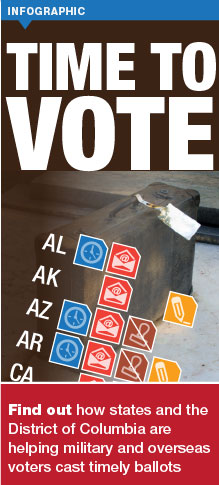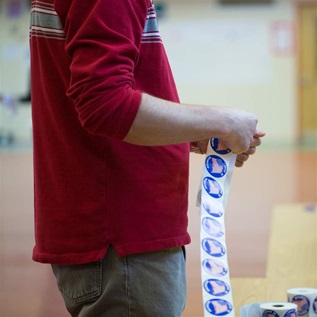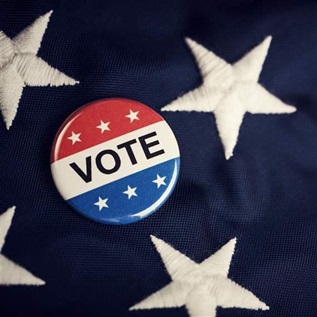Democracy From Afar
States Show Progress on Military and Overseas Voting
QUICK SUMMARY
In the past two years, 47 states and the District of Columbia enacted laws to protect the voting rights of military and overseas citizens, according to a report released today by the Pew Center on the States The 2012 election will be the first time these changes affect the process of voting for a president
Democracy from Afar: States Show Progress on Military and Overseas Voting, demonstrates the advancements states have made since the 2009 passage of the Military and Overseas Voter Empowerment (MOVE) Act. The legislation resulted in some of the most significant protections for this population in more than 20 years. The MOVE Act legislation also included recommendations from Pew's 2009 report, No Time to Vote, which documented the obstacles military voters faced in obtaining and submitting a ballot in time to be counted.
Democracy from Afar finds that many states have changed their laws or administrative codes to allow for:
Enough time to vote.
- 38 states and the District have laws or rules meeting or exceeding federal requirements to send ballots to military and overseas voters at least 45 days before an election.
- Eight additional states changed their primary dates to accommodate the requirement.
Electronic transmission of unvoted ballots.
- All states and the District allow military and overseas voters to receive blank ballots electronically.
Eliminating requirements for notarization or witnesses.
- 46 states and the District do not call for either for military and overseas voters.
Expanded use of Federal Write-in Absentee Ballots (FWABs).
- 34 states and the District mandate FWABs be used as a backup ballot for all elections, including state and local.












